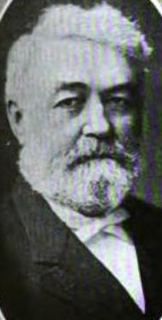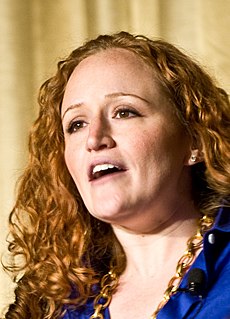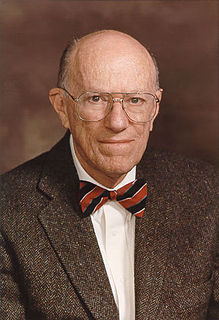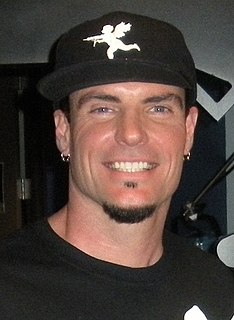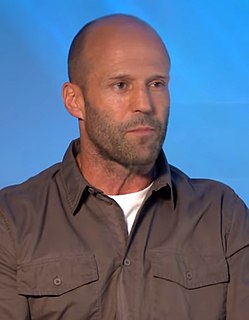A Quote by Henry Miller
Instead of asking 'How much damage will the work in question bring about?' why not ask 'How much good? How much joy?'
Related Quotes
I won't call my work entertainment. It's exploring. It's asking questions of people, constantly. 'How much do you feel? How much do you know? Are you aware of this? Can you cope with this?' A good movie will ask you questions you don't already know the answers to. Why would I want to make a film about something I already understand?
Good description is a learned skill, one of the prime reasons why you cannot succeed unless you read a lot and write a lot. It’s not just a question of how-to, you see; it’s also a question of how much to. Reading will help you answer how much, and only reams of writing will help you with the how. You can learn only by doing.
The question was never whether the United States, E.U., NATO, Arab League, U.N. Security Council, and African Union could together using economic sanctions, diplomatic pressure, and military attacks to bring Qaddafi down. The question was always how much time, how much blood, and what damage to NATO.
How many slams in an old screen door?
Depends how loud you shut it.
How many slices in a bread?
Depends how thin you cut it.
How much good inside a day?
Depends how good you live 'em.
How much love inside a friend?
Depends how much you give 'em.”
? How Many, How Much by Shel Silverstein
“Tell the truth, or someone will tell it for you.
When you go to that other country you realize that in France and in England, you don't ask somebody what they do for a living when you meet someone. A lot of the obvious things, the shortcuts we take in America - in America you can talk about money all you want. You can ask how much they make, rent they pay, how much their house costs and how much their car costs, and they'll feel comfortable telling you. But it's scandalous to ask anyone in England or France a question like that.
Because of my experience in Occupy, instead of asking the question, "Who will benefit from this system I'm implementing with the data?" I started to ask the question, "What will happen to the most vulnerable?" Or "Who is going to lose under this system? How will this affect the worst-off person?" Which is a very different question from "How does this improve certain people's lives?"

